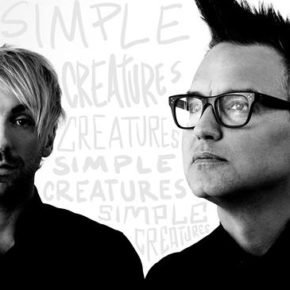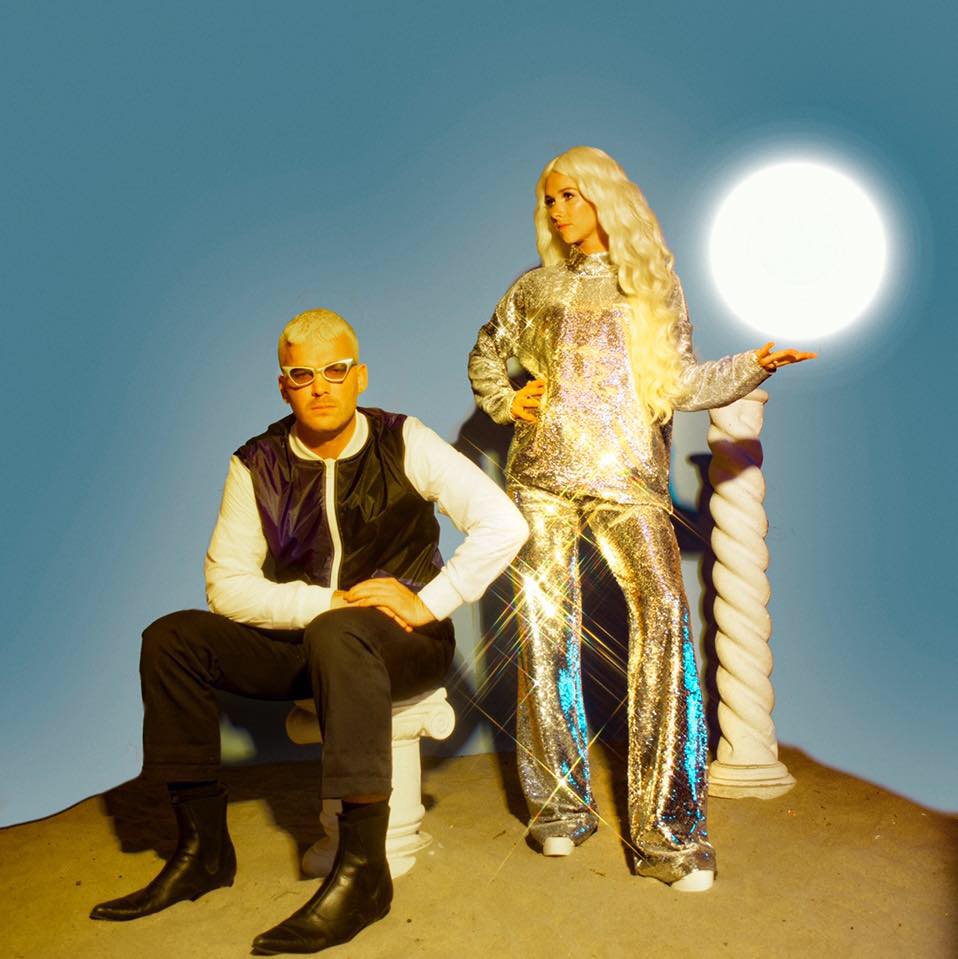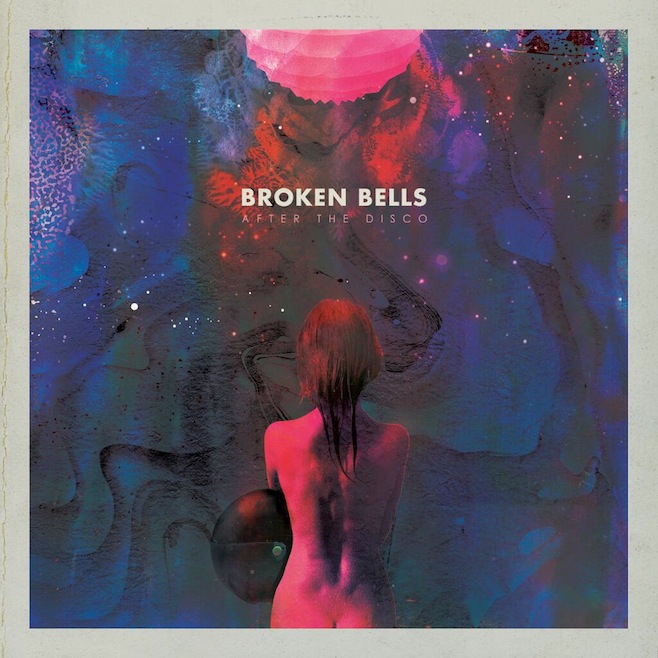David Bowie – The Next Day
{rating}
Buy: The Next Day
When I started All-Noise a few years ago, I never imagined I’d be reviewing a brand new David Bowie album. The Rolling Stones, sure, but not Bowie. He was for all intents and purposes ‘retired’ – happy to relax around the art galleries of New York. There were rumours of serious health problems – particularly when he flatly refused to participate in last year’s Olympics opening ceremony. With the benefit of hindsight, that whole Olympics thing now just looks like a case of bad timing for Bowie, who didn’t want to compromise the impact of this surprise new material by parading all of his old tunes in front of the world.
That level of artistic restraint and class is something lacking in today’s crop of ‘rock stars’, as well as many of Bowie’s peers, who are more than happy to retread old ground if it means getting a bit more attention and a bit more money. With the stunning The Next Day, though, Bowie proves it pays to keep moving forward – even if you find yourself being naturally drawn to the past.
The first impressions of The Next Day certainly suggested it would be an album in thrall with Bowie’s previous successes. From the Heroes aping artwork, to ‘Where Are We Now?’’s Berlin-era reflecting and the heavily nostalgic promo video for ‘The Stars (Are Out Tonight)’ – it all pointed to The Next Day being nothing more than a retrospective run-through of his career.
While that would probably make for a pretty decent album, The Next Day is all the better for Bowie’s restless creativity and energetic approach – which makes for a vibrant and interesting album that artfully plays with the listeners expectations.
The first great moment comes in the lively and brash opening title track, which has an almost snarling Bowie re-introducing himself – ‘Here I am / Not quite dying’. New single ‘The Stars (Are Out Tonight)’ introduces a bit of a Ziggy Stardust-esque concept about celebrities being from outer space who ‘burn you with their radium smiles and trap you with their beautiful eyes’, while the bouncy ‘(You Will) Set The World On Fire’ and ‘Love Is Lost’ recalls the best bits of Bowie’s 80’s power-pop days.
There’s plenty on The Next Day to enjoy beyond the many echoes of Bowie’s past though – and it’s to his and Tony Visconti’s credit that the album remains fervently contemporary and fresh under the weight of such a huge cultural and historical shadow. ‘Dirty Boys’ features a lurching saxophone to complement Bowie’s narrative of a bunch of unseemly louts. ‘If You Can See Me’’s relentless momentum ratchets up the drama and tension, which is instantly and brilliantly resolved with the more airy and loose ‘I’d Rather Be High’, a song that could easily find itself sitting prominently in future lists of ‘David Bowie’s best songs’. As could ‘How Does The Grass Grow?’, which has just about everything you would want from a Bowie song – some cool feedback, almost manic but controlled vocals, a pulsing rhythm and the unsettling feeling that you’re listening to something far too clever for your tiny mind to fully comprehend. The album closes with a couple of beautifully involving ‘slower’ tracks – the swaying ‘You Feel So Lonely You Could Die’ and the very atmospheric and Scott Walker-esque ‘Heat’.
For all of its many good points, The Next Day doesn’t quite make it as a ‘classic’ album – not yet anyway. There seems to be something a bit forced about ‘Valentine’s Day’, which follows a typical pop song format a bit too rigidly for its own good. ‘Boss Of Me’, meanwhile, is one of the few tracks here that fails to really materialise into anything substantial or interesting.
It may not be a truly great album, but The Next Day definitely plays like an album made by a true great. It’s tempting to end the review by saying ‘they don’t make them like this anymore’, but at the age of sixty-six Bowie has just made an album that sits comfortably alongside his very best.
Discover more from All-Noise
Subscribe to get the latest posts sent to your email.















